Welcome to Echo Earth's Sourcing Expertise in Hemp Stem Processing
At Echo Earth, we pride ourselves on our longstanding commitment to the hemp textile industry. With years of dedicated experience, we have cultivated an unparalleled expertise in sourcing a comprehensive array of products derived from the versatile hemp plant. Our dedication to quality, sustainability, and innovation drives us to be your trusted partner in navigating the dynamic landscape of hemp-based businesses.
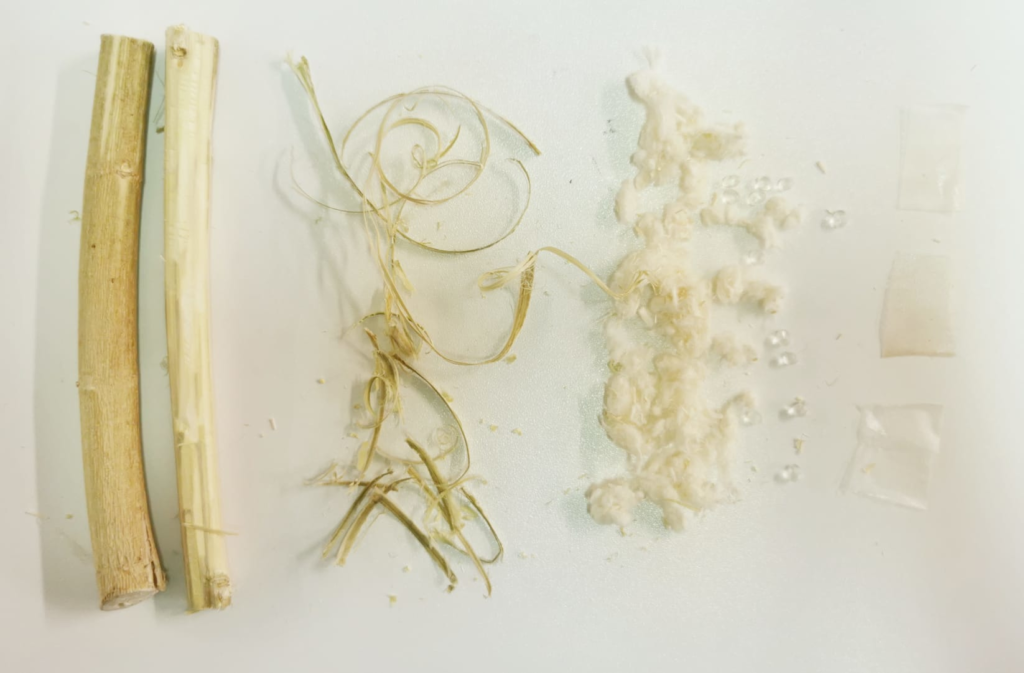
Harnessing the Potential of Hemp Stem Processing
In the world of hemp, the stem stands as a testament to the plant’s remarkable versatility. From fiber to hurd, and beyond, the components extracted from hemp stems offer a myriad of possibilities across various industries. As pioneers in the field, we understand the intrinsic value of these elements and their significance in driving sustainable solutions forward.
Your Partner in Hemp Innovation
Explore our comprehensive sourcing solutions tailored to meet your unique needs. From hemp fiber to granules, our diverse portfolio ensures that you have access to the highest quality products at competitive prices. Let us be your bridge to unlocking the full potential of hemp stem processing.
Let’s explore some of the products which are made by processing the stem and which we can get you sourced
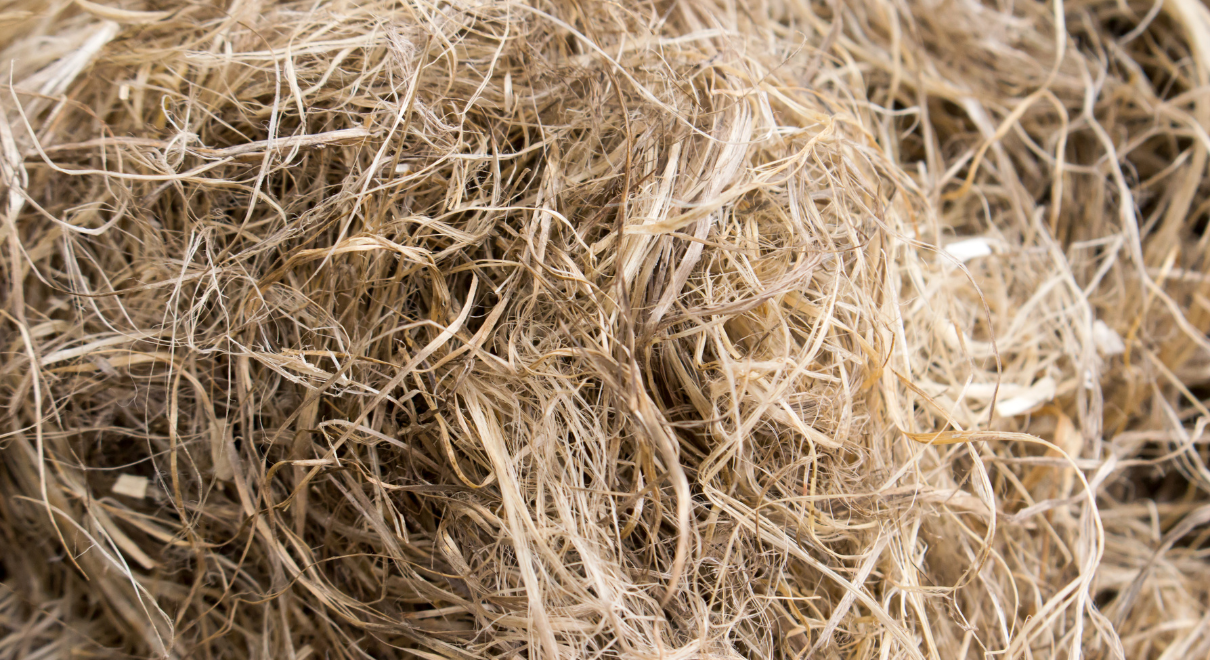
Hemp Fiber
Hemp fiber, derived from the hemp plant, is known for its strength, durability, and versatility. It has been used for various purposes for thousands of years. Here's some information on hemp fiber and its types and uses:
Types of Hemp Fiber
- Primary Hemp Fiber: This refers to the long, strong fibers found in the stalk of the hemp plant. These fibers are typically extracted through a process called decortication.
- Secondary Hemp Fiber: Also known as short or tow fibers, these are the shorter fibers found in the inner bark or hurd of the hemp plant. They are typically coarser and less uniform than primary fibers.
Uses of Hemp Fiber
- Textiles: Hemp fiber is commonly used in textile production to make clothing, including shirts, pants, jackets, and more. It’s valued for its durability, breathability, and antimicrobial properties. Hemp fabrics can range from coarse canvas to soft, fine textiles.
- Rope and Cordage: Hemp has a long history of use in rope and cordage due to its strength and resistance to rotting. It has been used for everything from ship rigging to twine for crafts and gardening.
- Paper: Hemp fiber can be used to make paper products, including writing paper, cardboard, and specialty papers. It requires fewer chemicals and less water to process compared to wood pulp, making it more environmentally friendly.
- Construction Materials: Hemp fiber can be used to make a variety of construction materials, including insulation, fiberboard, and hempcrete (a concrete-like material made from hemp hurds, lime, and water). These materials are valued for their sustainability and thermal properties.
- Automotive Components: Hemp fiber composites are increasingly being used in the automotive industry for components such as door panels, dashboards, and upholstery. These materials are lightweight, durable, and biodegradable.
- Animal Bedding: Hemp fiber can be used as bedding material for animals, including horses, small pets, and livestock. It provides good insulation, moisture absorption, and odor control.
- Biodegradable Plastics: Hemp fiber can be incorporated into biodegradable plastics, reducing the reliance on petroleum-based plastics and offering a more sustainable alternative.
These are just a few examples of the many uses of hemp fiber. Its versatility and eco-friendly properties make it a valuable resource in various industries.
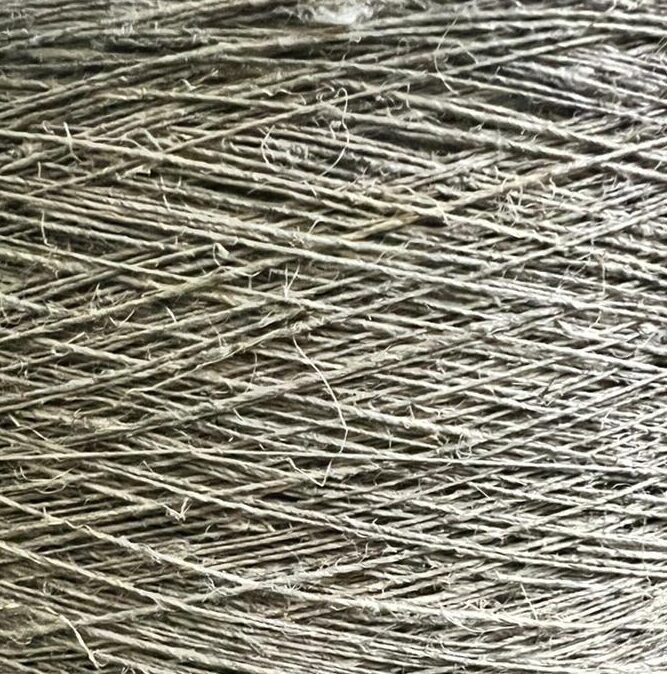
Hemp Yarn
Hemp yarn is a type of yarn spun from fibers derived from the hemp plant.It's valued for its durability, strength, and environmentally friendly properties. Here's some information on hemp yarn and its types and uses:
Types of Hemp Yarn
- Pure Hemp Yarn: This type of yarn is made entirely from hemp fibers. It can vary in thickness and texture depending on the processing method used.
- Hemp Blends: Hemp yarn is often blended with other fibers such as cotton, silk, or wool to enhance certain properties or create different textures. For example, blending hemp with cotton can result in a softer yarn suitable for clothing, while blending it with wool can add warmth and elasticity.
- Organic Hemp Yarn: Organic hemp yarn is produced from hemp plants that have been grown without the use of synthetic pesticides or fertilizers. It’s valued for its eco-friendly and sustainable characteristics.
- Bleached yarn: Bleached yarn undergoes a process where chemical agents ornatural bleaching agents are used to lighten its color and remove impurities, stains, or discolorations. This process results in a cleaner, brighter, and more uniform appearance, making the yarn suitable for dyeing or applications where a specific color is desired. Bleached yarn is commonly used in textile manufacturing for knitting, weaving, embroidery, sewing, and crafting, offering a clean and visually appealing option for various projects.
- Semi-Bleached yarn: Semi-bleached yarn undergoes a partial bleaching process where the yarn’s color is lightened to some extent, but not fully whitened like fully bleached yarn. This partial bleaching helps to reduce the natural color of the yarn while retaining some of its original hue. Semi-bleached yarn is often used when a slightly lighter shade or off-white color is desired, offering a compromise between the natural color and full bleaching. It maintains some of the yarn’s natural characteristics while enhancing its appearance for various textile applications such as knitting, weaving, and crafting.
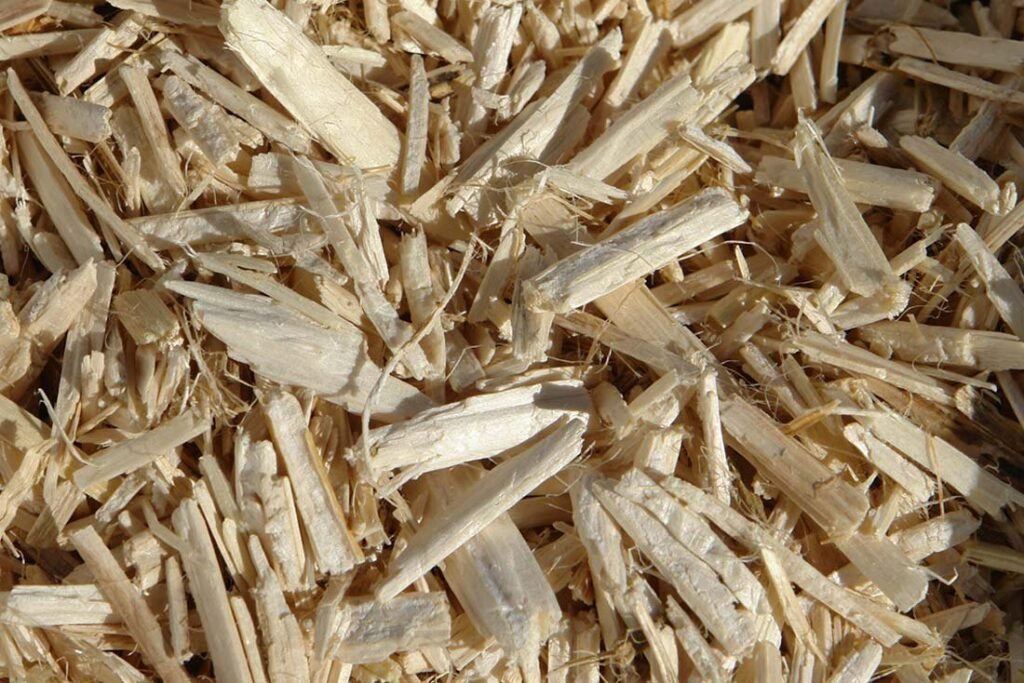
Hemp Hurds
Hemp hurds, also known as hemp shives or hemp core, are the inner woody part of the hemp stalk that remains after the long fibers have been extracted for textile or industrial use. They are a byproduct of hemp fiber processing and have various applications. Here’s some information on hemp hurds and their types and uses:
Types of Hemp Hurds
- Raw Hemp Hurds: These are the untreated hemp hurds that are separated from the outer fibers of the hemp stalk. They can vary in size, shape, and texture depending on the processing method used.
- Processed Hemp Hurds: Processed hemp hurds may undergo additional treatment or refinement to improve their quality or suitability for specific applications. This can include processes such as grinding, sieving, or thermal treatment.
Hemp Hurd Powder
Hemp hurds powder, also known as hemp core flour or hemp wood flour, is a fine powdery substance produced by grinding hemp hurds, the inner woody part of the hemp stalk. This byproduct of hemp processing has various applications across different industries. Here’s some information on hemp hurds powder and its types and uses:
Types of Hemp Hurds Powder
- Primary Hemp Fiber: This refers to the long, strong fibers found in the stalk of the hemp plant. These fibers are typically extracted through a process called decortication.
- Secondary Hemp Fiber: Also known as short or tow fibers, these are the shorter fibers found in the inner bark or hurd of the hemp plant. They are typically coarser and less uniform than primary fibers.
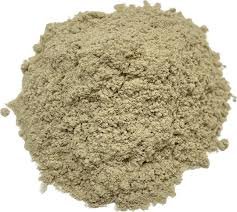
Hemp granulates
Hemp bio granules, also known as hemp granules or hemp pellets, are small, granular particles or pellets made from hemp biomass or byproducts such as hemp hurds or hemp fibers. These granules have various applications across different industries, offering a sustainable and eco-friendly alternative to conventional materials. Here’s some information on hemp bio granules and their types and uses
Types of Hemp Bio Granules
- Raw Hemp Bio Granules: These are hemp granules made directly from raw hemp biomass, including hemp hurds, fibers, or a combination of both. They retain the natural characteristics of hemp and may vary in particle size, density, and composition.
- Processed Hemp Bio Granules: Processed hemp bio granules may undergo additional treatment or refinement to improve their quality, consistency, or suitability for specific applications. This can include processes such as drying, grinding, sieving, or pelletizing to achieve desired particle size, moisture content, and density.
Uses of Hemp Bio Granules
- Animal Bedding: Hemp bio granules can be used as bedding material for animals, including horses, livestock, poultry, and small pets. They provide good absorption, insulation, and odor control, creating a comfortable and hygienic environment for animals.
- Horticulture: Hemp bio granules can be used as a soil amendment or mulching material in gardening and horticulture to improve soil structure, water retention, and nutrient availability. They break down slowly, enriching the soil with organic matter and promoting healthy plant growth.
- Biofuel Production: Hemp bio granules can be processed into biomass fuel for energy production. They can be compressed into pellets or briquettes for use in heating systems, power generation, or industrial processes, offering a renewable and carbon-neutral alternative to fossil fuels.
- Absorbent Products: Hemp bio granules can be used in the production of absorbent products such as cat litter, spill cleanup materials, and oil absorbents. Their high absorbency and natural absorbent properties make them effective for absorbing liquids, odors, and contaminants.
- Composite Materials: Hemp bio granules can be used as a filler or reinforcement in the production of composite materials such as bioplastics, composites, and composite panels. They enhance the strength, durability, and eco-friendliness of the final product while reducing its environmental impact.
- Construction Materials: Hemp bio granules can be mixed with lime, cement, or other binders to produce sustainable building materials such as hempcrete, hemp plaster, and hemp insulation. They enhance the thermal and acoustic properties of the materials while reducing their carbon footprint.
Ready to embark on your hemp journey with confidence? Reach out to our team today and discover how Echo Earth can elevate your business to new heights. Together, let’s pave the way for a greener, more sustainable future through the power of hemp.
Explore the Possibilities
Discover the endless possibilities of hemp with Echo Earth’s sourcing services. Whether you’re looking to launch a new product line or streamline your existing operations, let us be your trusted partner on your hemp journey. Get in touch with us today to explore how we can help elevate your business to new heights.



